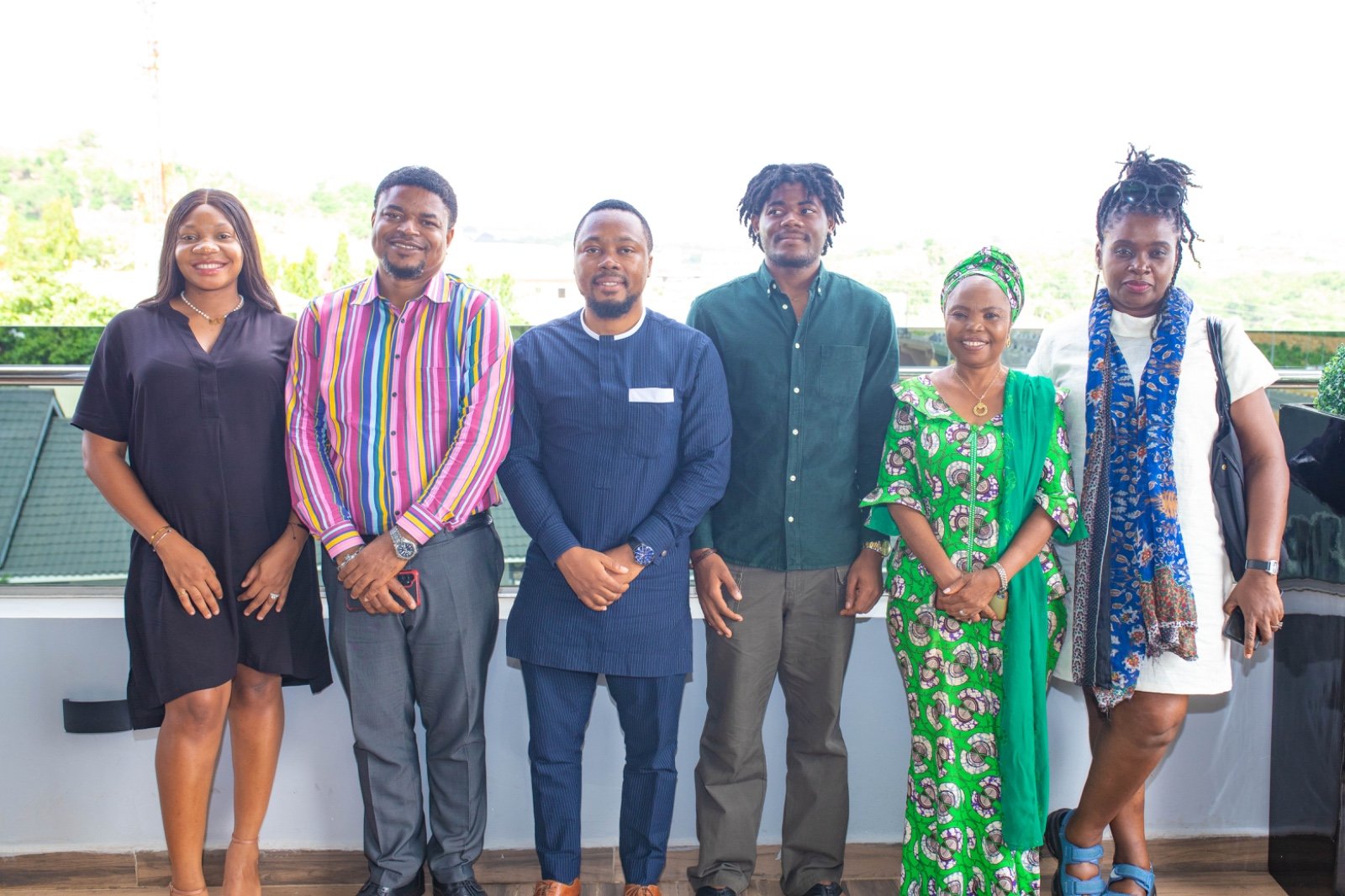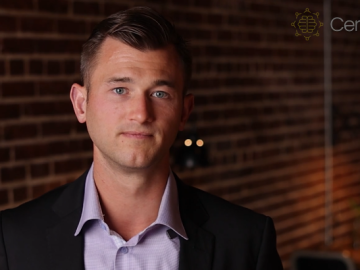By Patricia Amogu
Patricia Carvalho, a Policy Support Consultant of the European Union (EU) said science, technology in the form of Artificial Intelligence (AI), arts, and culture have significant roles to play in ensuring food security in Africa.
Carvalho said this via webinar in the course of a media briefing organised to unveil the S-T-ARTS4AFRICA Programme, an art-driven initiative aimed at creating opportunities for African artists to use Artificial Intelligence (AI) to proffer solutions.
The News Agency of Nigeria (NAN) reports that the S-T-ARTS4AFRICA Programme is an initiative driven in Nigeria by the Gallery of Code, a research, development, and innovation company.
The EU consultant said it would be intriguing to get to the core of what artists could achieve in promoting food security and access to clean water using science and technology tools such as AI.
“We believe that science, technology, arts, and culture can play a significant role in tackling socio-economic and ecological challenges that are science-related.
“Through host institutions like the Gallery of Code, using an already existing approach from the European continent, we are connecting local and international artists with regional stakeholders to boost synergy among continents.
“Currently, there are eight residencies going on in Africa under the S-T-ARTS4AFRICA programme.
“One of the residencies is in Nigeria. The second one is in Tanzania. The third one is in Senegal, and there are two in Ghana, among others.
“At the end of the projects, there will be a final event in Senegal to bring all the residency hosts together at a meeting point to connect.
“It is a short project but not a one-off collaboration, and I believe that lessons will be taken away from it and will be applied across continents,” she said.
She reaffirmed EU’s commitment to supporting the programme and praised the visual artist that the Gallery of Code is working with to develop an innovative modular storage system for roots and tubers like Yams.
Speaking at the briefing, Mr Oscar Ekponimo, the Managing Director of Gallery of Code, stated that the initiative is a dedicated version of STARTS for Africa, an EU-led intervention in Nigeria.
“STARTS was initiated in 2016 but now there is a dedicated version for Africa.
“This is the first phase and the first time this is coming up in Africa and a Nigerian has been selected from among 300 applicants.
“Jibril Baba, a visual artist, has just been awarded a grant to support his project – a smart technology (model) that will address food storage challenges, boost food production, and curb rising food insecurity gaps in Nigeria,” he said.
Ekponimo stated that the EU is pushing for innovations, with an artistic perspective because innovation is more practical and impactful when it is artistically driven.
“Our visual artist that has been selected is to implement a model yam barn that will use artificial intelligence to monitor the change in climate conditions and also check the air quality around the yams, as well as monitor the possibility of spoilage.
“This will automatically control food wastage and address food insecurity.
“This will be the first of it’s kind and the project is still in its early stages,
“We have just finished the reflection stage and going further to the actualisation stage.
“I am happy to say that there will be a final exhibition in Nigeria and our artist has also been selected to exhibit at a festival that will be held in Austria early in September,” he added.
Dr Femi Adeluyi, the National Co-ordinator, National Talent Export Programme (NATEP), a new initiative of the Federal Government, said the project “is in full alignment with what the President Bola Tinubu administration seeks to achieve by investing in the creative industry.
“This is a good model that could be enhanced and made elaborate.
“Today it’s yams we are focusing on. Tomorrow it could be another agricultural product, and we can leverage this one.
“We want opportunities where our artists can showcase their skills and our products abroad and then benefit from such investments.
“This can enhance our socio-economic strength, and it shows we have a lot of value that we can bring to the table,” he said.
Speaking on the initiative, Baba said the core of the project “is a prototype yam barn; a modular storage system where yams will be slotted into storage spaces and use sensors that can check the climate conditions, and air quality and equally shield the yams from too much sunlight.
“During our preliminary research we visited different states in the Northeastern part of the country and discovered that out of 1,500 yam tubers harvested, 600 are lost due to lack of a good storage system.”
According to him, the production of the yam barn can help reduce wastage due to spoilage while increasing productivity and strengthening the chances of ensuring food security in Nigeria. (NAN) (www.nannews.ng)
(Edited by Emmanuel Yashim)




